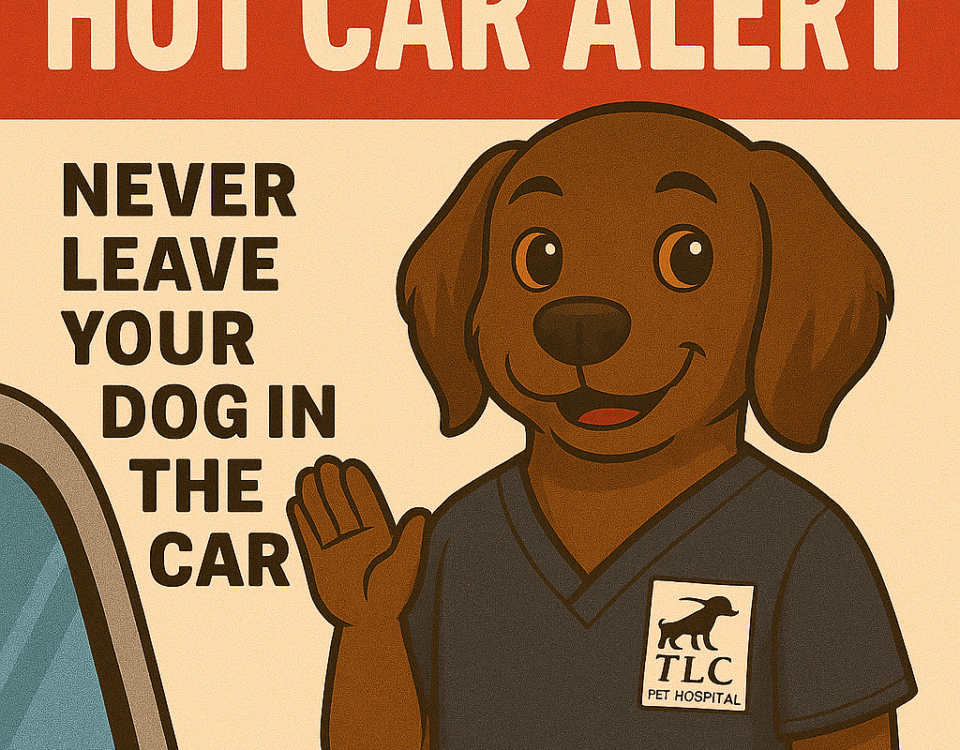Questions To Ask Before You Adopt
July 29, 2013House Training
August 6, 2013What exactly happens when an animal is euthanized?
Your veterinarian has special training to provide your pet with a humane and gentle death. Most often, he or she can use a two-step process. First, the pet is injected with a sedative to make him calm and comfortable. Next, he injects a special medication. These drugs function in such a fashion that the animal experiences no awareness of the end of life. The process is akin to undergoing general anesthesia for a surgical procedure. The process takes about 10 to 20 seconds. The veterinarian then checks to make sure that the animal’s heart has stopped. With this procedure, there is no suffering.
Is there a “right time” to euthanize an animal? And how will I know when that is?
If your animal has episodes of obvious suffering during the day or night, it is appropriate to plan a euthanasia right away. Sometimes an animal will continue to eat or drink in spite of pain, panting or disorientation. If you are not sure how much your pet is suffering, keep a daily record or the good times versus the bad times. Then you can decide when the quality of life is so poor that it is time for you to give him the gift of ‘good death.’ It is important to ask your veterinarian for the exact signs of suffering likely to be associated with the condition or disease that your pet has.
Sometimes people are tempted to delay the moment of euthanasia, because we anticipate our intense grief. Unfortunately, we may regret that we allowed the pet to linger too long.
Is it normal for me to feel so angry/sad/confused after my pet has died?
There are many forms of grief that are completely normal. The most distressing are hallucination-type experiences that leave an impression that you are hearing familiar sounds of your pet walking or calling. Some people even think that they see their pet out of the corner of their eye, especially after just waking up. Often, it is the most responsible owners who feel guilty and confused about the choices they made regarding the end of their pet’s life. Occasionally, a person may feel temporarily angry with their veterinarian or others involved in end-of-life issues. These feelings of anger may be our attempts to distract from the ultimate encounter with the sadness of the loss.
What are some things I can do to work through my grief?
The most important thing is to recognize that the loss of a beloved pet is a serious event that society does not always respect. Your first task is to take care of yourself. Make sure you get the rest and nutrition you need, even when you feel distracted. Your concentration may be impaired, too, so that you need to take extra care with driving and crossing the street. Grief is a normal process, and time really does heal.
Sometimes it helps to create a special place in your home to which you can go when you want to remember your pet. Although remembering may be painful at first, eventually that pain will turn into sweet memories.
How long should we wait until we get another pet for the family?
Even though your house feels very empty, and your young children may be asking for a replacement right away, it is best to wait at least one month before bringing home a new pet.
When you’re ready, you can check out the dogs and cats in your local shelter. If you feel attracted to a new pet, don’t worry that it is a betrayal of the lost animal. Your ability to give a good home to a new pet is really a compliment to your previous relationship.



